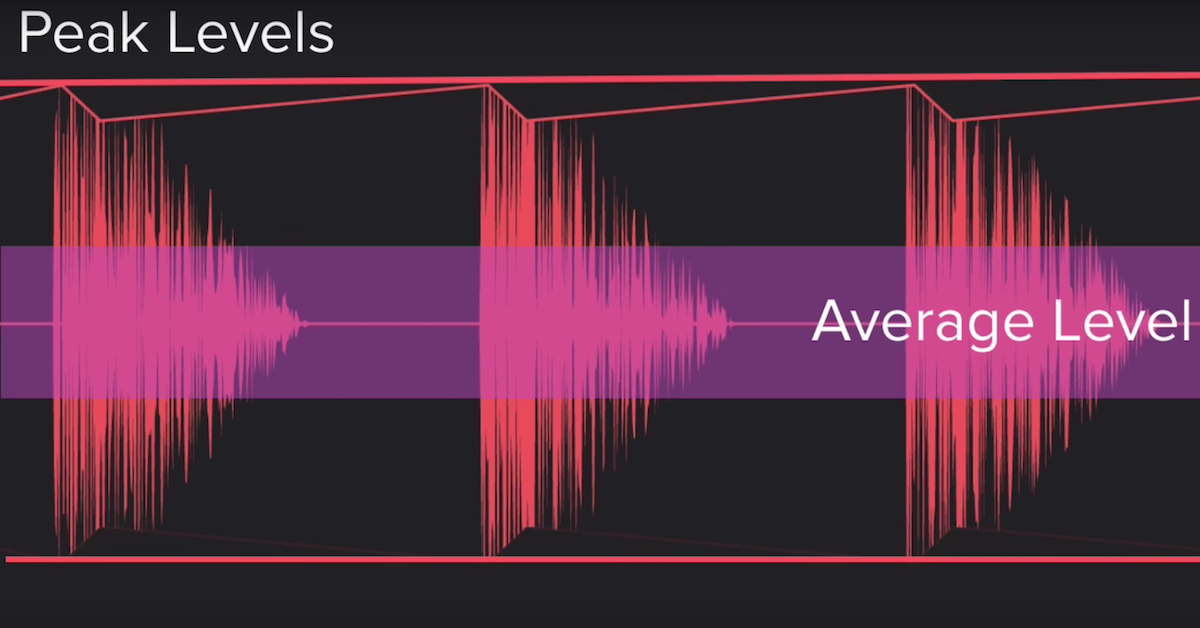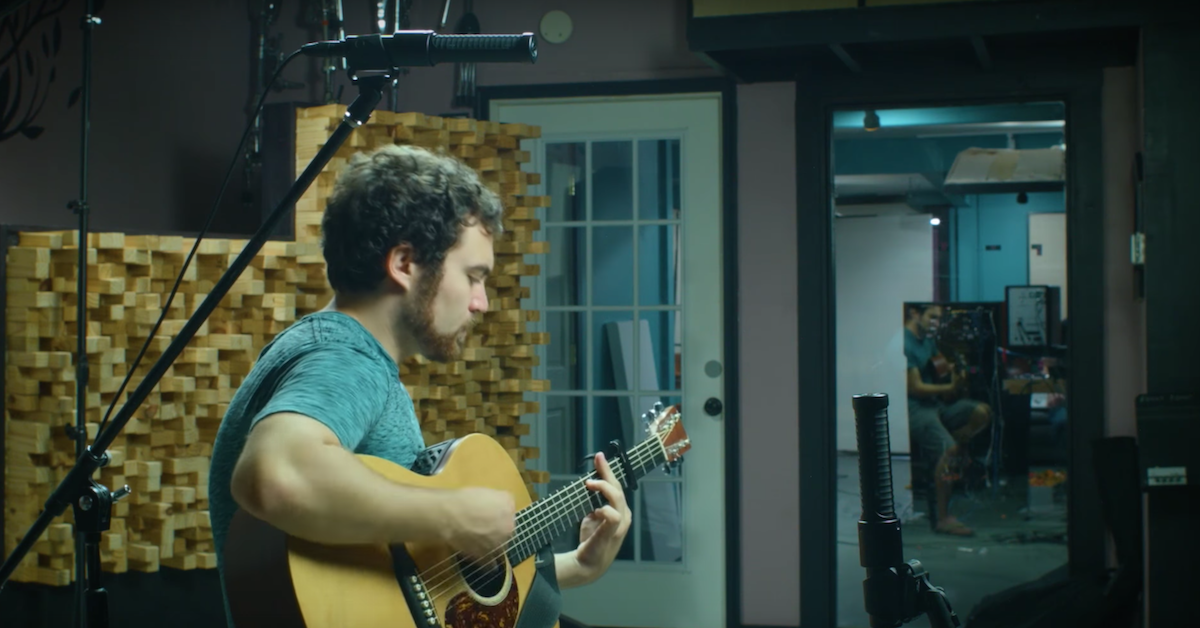The Luxury of Procrastination
Article Content
The more time I have the longer it takes me to do something. And usually the end result is not as good. Why that is I’m not really sure. But the whole idea seems to feed a tendency to procrastinate, something that many creative people share.
Somewhere deep in my subconscious there is a little voice saying something like, “you’ve got time, you work better under pressure” or “take care of every other unrelated mindless task first” or “don’t start until you feel inspired.” These are all excuses of course, and anyone in a creative field has their own set to fall back on.
I talk to my students all the time about the pitfalls of procrastination and how to avoid it, but it’s always easier said than done. Over the years I’ve developed some strategies based on experience and researching the subject that I thought I’d share.
The first step in avoiding this behavior seems to be recognizing it in the first place.What are you doing when you’re procrastinating? Are you mindlessly flipping through Instagram or Twitter drivel? Are you working on things that are not urgent or are unnecessary? Have you set aside a specific time to work, only to find that the time has expired and you didn’t even start what you intended? What were you doing? The next time you find yourself procrastinating, be aware of what you’re doing, instead of what you should have been doing.
The second step is to determine why you are procrastinating. As a composer, the idea of making one decision after the next is daunting. Every decision can be stressful and the search for a creative solution to a specific problem is often fruitless. Will the next piece live up to everything else I’ve written? Can I write anything new or original? The idea of beginning such an intimidating endeavor is enough for anyone’s mind to fabricate a multitude of alternative tasks that could be done instead, with much less pain. I’m sure mixing and mastering engineers feel similar emotions. What’s fascinating and vexing to me is that I’m typically procrastinating about doing something I really love to do — to compose. And ironically, if I don’t compose music for an extended period I become an angry and bitter person you really don’t want to be around.
So once you’ve determined that you’re procrastinating and why you’re doing it, you can start to develop personal strategies to circumvent the behavior. Here are a few I’ve developed and culled from various sources:
1. Create Your Own Urgency
The title of the article you are reading is “The Luxury of Procrastination.” It’s luxurious to have no deadlines, no impatient clients, and no financial repercussions for not doing what you should be doing. If you don’t have this luxury, your problem is somewhat easier to handle. Do the work or don’t pay the rent. But if the motivation is more of a long-term goal, such as becoming a successful independent composer or a sought-after audio engineer, then you need to create your own sense of urgency, and your own deadlines in order to practice your craft and accumulate a body of work.
Anyone that plays an instrument knows that it takes a daily commitment and years of dedication. I believe that’s true for any artistic endeavor or craft.
2. Negative Consequences
Negative reinforcement works at some level for some people. Think about the short-term and long-term consequences of not doing. Imagine yourself with a monotonous job and a mundane life.
3. Just Start
Recognize (and remember) that once you just start the thing you’ve been avoiding, it becomes much easier and is never as difficult as you imagined.
4. A Sense of Accomplishment
Think about how good it feels to complete the work and the accompanying sense of accomplishment. Think about why you love it in the first place.
5. Make It Easy
Make it easy to start. Think of a strategy that is either broad or mindlessly specific. For instance, in a broad sense for a composition you might consider the key or lack of a key, an overall duration, general structure, etc.
In a mindlessly specific sense, you might begin with determining pitches at random or based on some extramusical device.
Either way, relieve yourself of any decisions that seem paralyzing.
For a mix, you might simply do some file or track management, labeling, grouping, make some rudimentary decisions about plugins and signal path, listen to some reference tracks, etc. You may find that starting with these less stressful tasks will quickly get you in the zone.
6. Reduce Distractions
Reduce and/or eliminate any possible distractions in your working environment.
What constitutes a distraction is a very personal thing. For me, a cluttered work space is a killer for my creative instinct when beginning a new project. Organization at the outset has become a ritual for me. Once started however, my space accumulates clutter at an exponential rate including random scraps of paper, notes, cables, adapters, etc. — that’s just my process.
Of course cell phones and the internet in general are monster distractions. These are impossible to eliminate, so this is where discipline comes in. You must resist the urge to check email, Facebook, Twitter, or anything else. You will not miss anything that won’t still be there in a few hours. Turn that shit off. If you’re married or have kids it might be necessary to elucidate the necessity for uninterrupted solitude for extended periods of time while you’re working. I’m lucky enough to be married to an artist that understands this idea and expects the same consideration from me. But it’s not always so clear to a significant other or easy to explain.
7. Visualize
Visualization is one of the most powerful tools I know. It can be used in many different contexts. I have expanded the idea to include auralization.
Simply described, the process involves imagining in great detail (both visually and aurally) a situation or end result as if it has already occurred or is occurring in real-time. You might visualize a perfect performance with an appreciative audience, or playing back a perfect mix for a client, or even giving your acceptance speech at the Grammy’s.
It might sound a bit silly, but I’ve personally experienced some positive results.
If your mind has already experienced the success you’re seeking, you will unconsciously take the necessary steps to get there. The body follows the mind. Look at long jumpers before they begin their approach; they are visualizing a world record leap with perfect form. Try spending the first five minutes of every day visualizing that you already have a successful career and what that would be like in great detail. This simple exercise will set up an instinctual resistance to procrastination, because not doing what you must do, is contrary to the ideal you’ve visualized.
I’ll be honest, I still procrastinate from time to time. Human nature I guess. But it never makes me happy, and why I do things that don’t make me happy is an ongoing mystery.
I look forward to others sharing their own methods for combating this needless human condition.
Check out my other articles, reviews and interviews
Follow me on Twitter / Instagram / YouTube





